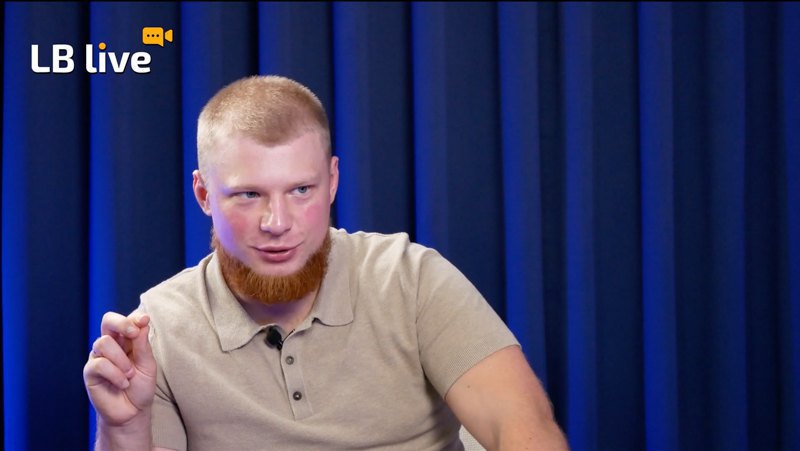
“The war changed me completely – my world was turned upside down.”
You received the title of Hero of Ukraine at a very young age. Do you now feel an additional responsibility and the need to be an example to others?
Yes, without a doubt. It is an additional responsibility and media attention – people have started to recognise me. I have to behave and look the part, because people look up to me. I want them to take only the positive from me.
You have been fighting for several years and have been in very difficult battles. How has the war changed you?
The war has completely changed me – my world has been turned upside down. I have become a different person. I used to be more shy, but now I have clear goals: I know what needs to be done, and I am working towards it. For me, there are no closed doors: if the door is closed, I knock longer, and if it doesn't open, I break through. There are no stops.
There are needs, there is war, and lives are lost in war. The greatest value is human life. Closed doors cannot stop this.
But at night, thoughts creep in and won't let go: "What if I had done something differently? What if I had done this or not done that?" And you start to wonder if you could have saved someone, if it was because of your actions that someone was injured or killed.
I spoke with the mother of Oleksandr Khomyak, who was killed and posthumously named a Hero of Ukraine. On 24 August, she was presented with the Hero of Ukraine award, and she asked, "How did you know he was dead? Why didn't you take him away?" What could I say to her? We wanted to live too. If we had dragged him away, we might not have been able to get out. How would she take that? These words are left unsaid, but they eat away at you inside.
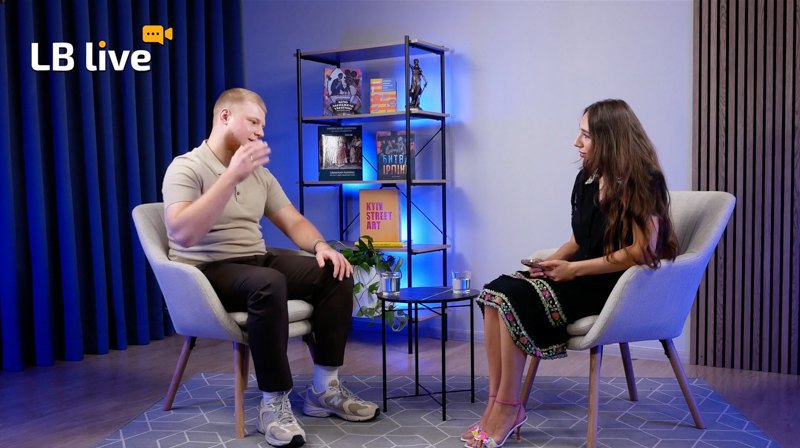
“It’s better to fight and have a chance than to just disappear.”
Can you describe to us civilians what a typical day looks like at your position?
Daily life on the front line looks like this: you sit in a hole underground, knee-deep at most. Day and night – underground, camouflaged, unable to get out into the fresh air. Natural needs – in plastic bottles or bags, no hygiene.
You sleep in blankets or sleeping bags next to your comrades to keep warm. During the day it's hot, at night it's cold. Dead Russians may be lying nearby – the smell is constant. And so it goes, day after day: you shoot, look for food and water, send messages to the command, carry out tasks.
Did the Russians come close? Or do they mostly drop bombs from drones?
It depends on the situation and where they were going. There are cases of fierce assaults – then they don't spare people: "Go, die, but bring us value, show us where they are shooting at us from."
If a person goes on reconnaissance, they use their body to find out where their drones are controlled from, where they can be shot at, so that they know where to strike. Others follow them – those who storm. These are some scenarios. There can also be logistics: someone brings food, drives to the wrong place – and ends up with a “gift.”
When you were surrounded for almost 70 days, what did you do to survive?
We did everything we could: we established communication, wound wires, set up antennas, and searched for food. We picked up things from the backpacks of Russians who came close – we took canned food, water, cigarettes. We didn't throw away our weapons or surrender. I tried to keep people motivated: if we give up, we will disappear without a trace. It is better to fight and have a chance than to simply disappear.
Even if we die, at least our camera or drone will show that we fought, endured, dug ourselves out, and survived amid the shells. We had to dig ourselves out, not give up, take up shovels and work. The struggle was constant – no matter how difficult or scary it was, we couldn't give up. As long as you're alive, fight.
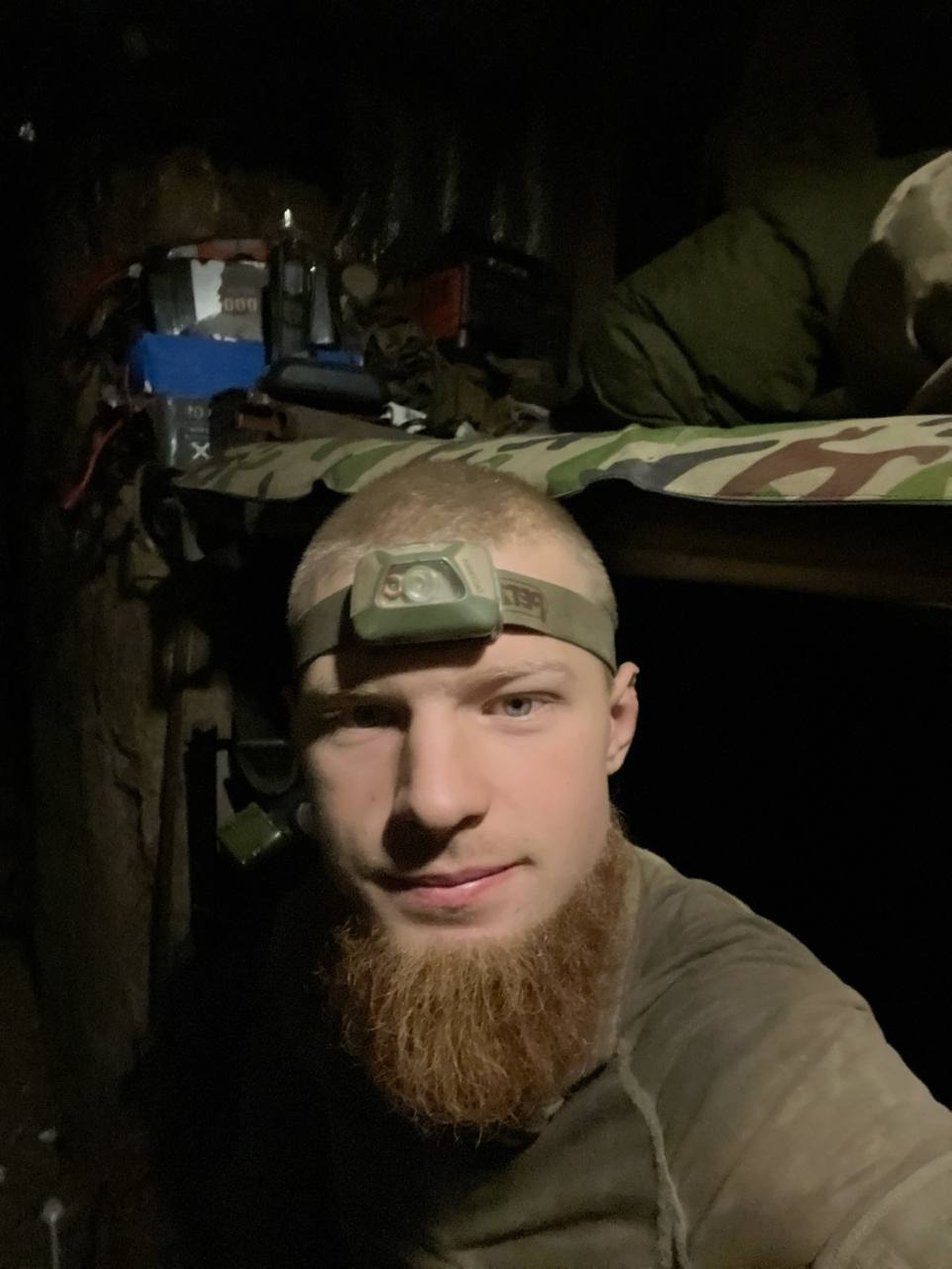
Tell us how you got wounded.
It was the largest assault in the Siversk direction: 24 armoured vehicles, 150 paratroopers, artillery, tanks and drones.
Eight vehicles and about 50 soldiers were sent to my position alone – nine hours of continuous fighting.
The position was underground, with two exits, one of which the enemy did not know about – that saved us. The Russians broke through inside, and fighting began in the tunnels. There was a fire and an explosion among the ammunition – flames spread through the corridors. The guys put out the fires and rescued each other, but the situation got out of control. We decided to break through: whoever got out first, the others followed.
We ran to the ‘Kosatka’ position, where we were sheltered. A Colombian woman named Nana provided first aid. At first, six were rescued, then the others caught up – in the end, all nine got out. Everyone was wounded, but alive. Our position burned down and detonated for two more days, but we survived.
“Colombians are highly motivated to fight in Ukraine – we must take advantage of this.”
Speaking of cooperation with Colombians – foreign volunteers. Many brigades take on foreigners, and I think from the rear: “If foreigners are coming to us, why not involve them more and on a larger scale?”
Then we could better distribute people among positions and use their skills more effectively.
I think we are not quite there yet in this regard. They are ready to go into battle – for many, it is even a career option. Now cartels are starting to recruit people who know how to operate drones. Of course, there is nothing good about this. But we can use the situation to our advantage: train operators here, in the army.
Colombians receive the same pay as we do. They are provided with the same equipment: uniforms, weapons, and gear. The only difference is that Colombians are not mobilised. They come with a specific purpose: to fight and risk their lives. It is their conscious choice.
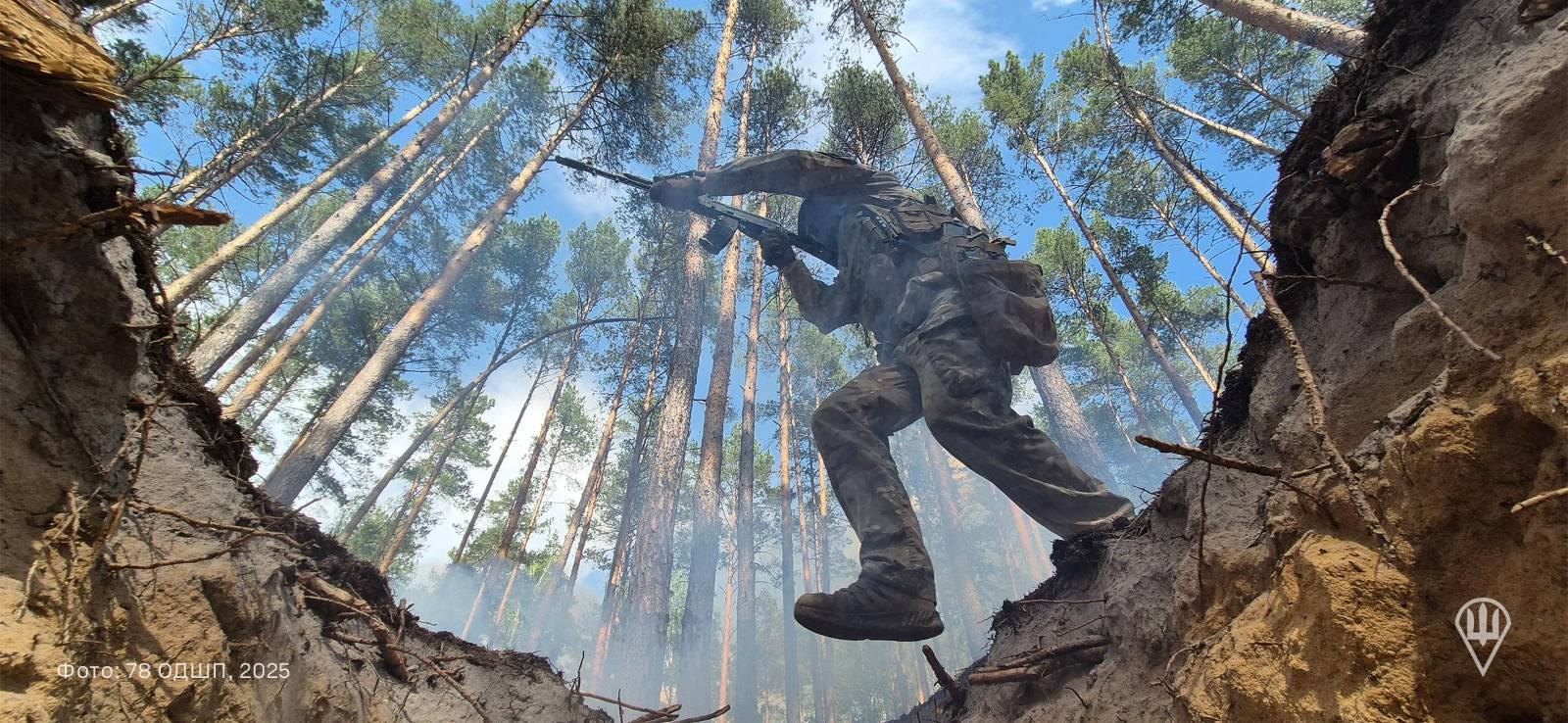
They perform their combat tasks conscientiously. They have proven themselves excellently in combat missions: shooting, changing positions, throwing grenades, quickly reloading magazines. A Colombian woman, for example, reloaded two magazines, while our fighter reloaded only one. They did everything professionally.
We need to run campaigns to recruit foreigners, give them salaries, uniforms, and combat experience. This attracts them because it is a chance for career growth and participation in combat operations. If there is a desire, let's take it. We can even pay more attention to recruiting through spiritual communities abroad. They are believers, it works.
“Russians are fighting for big money, so they have no problems with mobilisation.”
I am sure you have spoken to many Russian prisoners of war. Do we all have different motivations for fighting?
Mostly, they go for the money. Some have had their pay raised, contract soldiers get a lot of money – thousands of dollars, with additional bonuses for fighting, medals, and popularity in the media. But they don't often think about the high risk of death – they are not warned about it.
As I understand it, they won't have any problems with mobilisation in the near future?
Not at all. Prisoners say that the military registration offices are full and there are queues at the training centres.
Okay, they have a large human resource. Let's talk about the advantage of technology. To what extent do the Russians still surpass us, or is it possible that we already surpass them in some areas?
They have many "suicide drones": jet-powered, with variable modes, and I think anti-radar systems and active control systems will soon appear. If a Shahed is shot down, it still flies to the point where there is an online broadcast – this is very effective.
We also need to develop this industry. The development of UAVs is a normal and promising topic, it works and will continue to develop. In general, we could develop many areas if we had the money – for missiles and other systems.
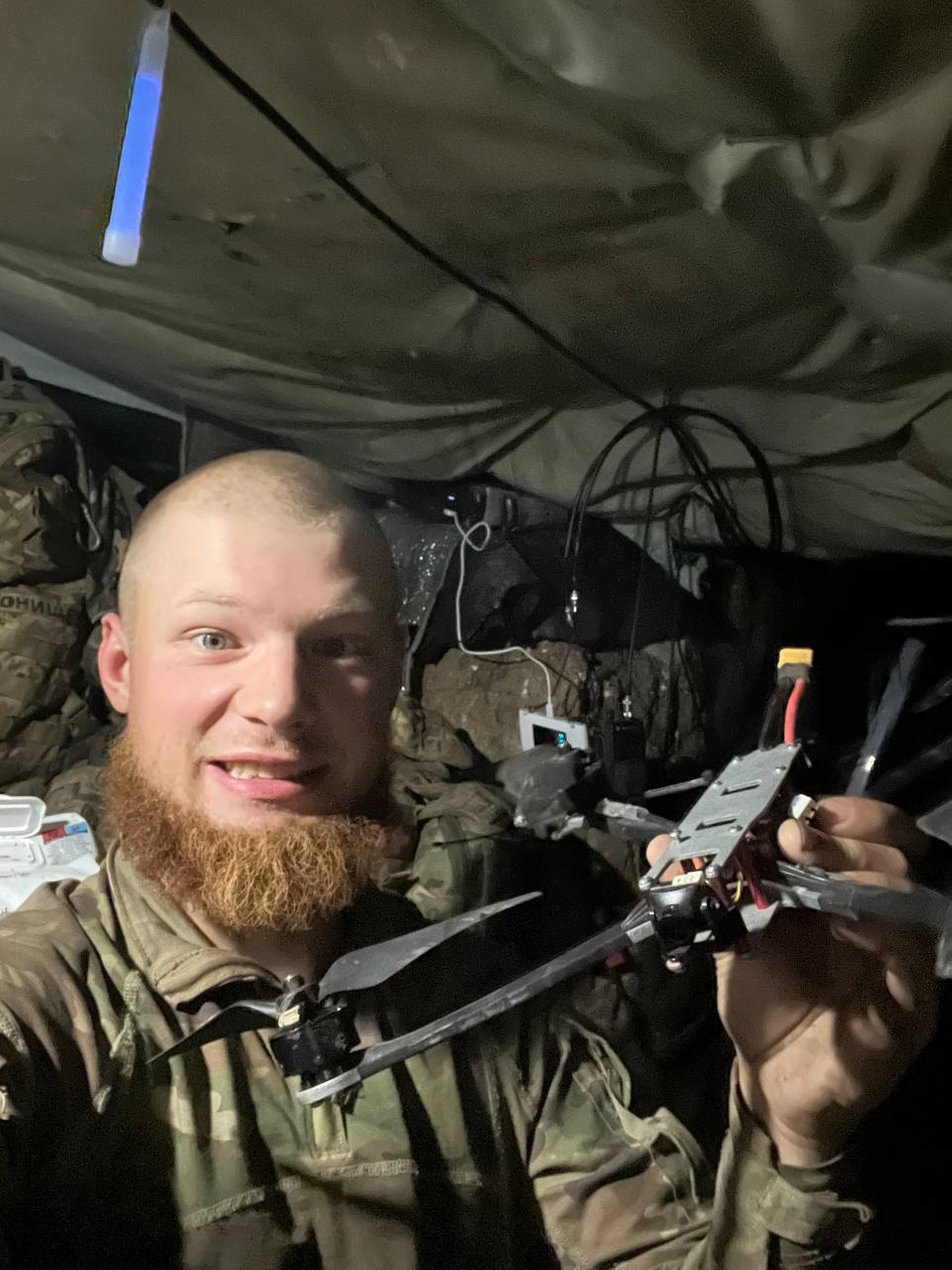
What should we do about mobilisation? Some conscripts say, "I don't want to fight because there is corruption in the state – let the MPs and officials fight"...
I find this ridiculous. In my battalion – Svoboda – there are many people with political backgrounds, and there is nothing wrong with that. Those who want to find opportunities; those who don't want to find excuses.
Yes, corruption must be fought – I read the news: the Security Service of Ukraine exposes racketeers, there have been cases in Western Ukraine involving large sums of money. This means that the fight is going on and something is working, but there are still people to fight. If we wait, we may lose the country. Changes are needed – and they must be made now.
For example, we recently had a prisoner from Kherson who once fought in the JFO zone. He was in the occupied territory, and all the Russians told him was, "You're going to die."
What is the Ukrainian army lacking right now?
Firstly, UAVs. We don't have enough of these devices. The idea itself has already been thought through: there are night and day systems, optical units, and anti-drone systems – technically, we already know how to do a lot.
UAV operators are, of course, an issue, but finding them is not a problem: artillerymen and tank crewmen can be retrained. There are few tanks, there is a shortage of artillery, everything is being destroyed – so drones are more effective now.
We need to develop and scale up UAVs so that we don't have a situation where one Magyar wastes five drones on one enemy. There are units that say, "We need at least ten FPVs." The state would have to supply that many every day, if not every hour. We'll give them [to you] and you do the work.
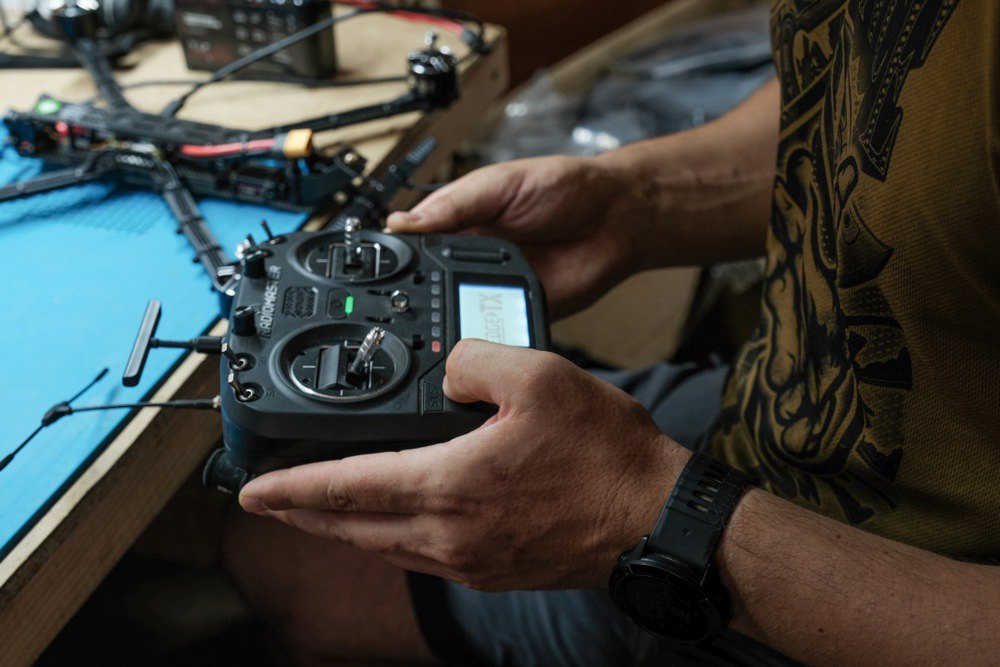
Taking the example of the Svoboda battalion of the Rubizh brigade, does the state provide more than the battalion can provide on its own?
No. For example, in four months, we used 4,000 [UAVs], and the state provided only 200. The rest came from patrons, donations, and media fundraising. Units without media coverage find it much harder to survive. Should the military be involved in filming, organising raffles and fundraising 80 million to buy a vehicle? This is absurd. Is this how the state should be defended?
Units without media support can fight, but often they have nothing to fight with: they lack drones, equipment, and resources. It's scary. I am shocked by this reality: people are forced to contribute from their own salaries to the needs of the company. Of course, we contribute, but this is not a solution to the problem at the state level.
"90% of enemy casualties are caused by drones."
In short, to defeat Russia, we need to involve foreigners and build a lot of drones. What else can we do?
I think finance. Where can we get the funds for the Bohdana self-propelled guns and tanks? It seems to me that if we make six instead of 12 Bohdana self-propelled guns and direct the freed-up resources to UAVs, we will not lose.
It is better to reallocate these six to drones – that is my opinion. I am simply comparing what impressed me in the effectiveness of our strikes against the enemy.
Currently, in my opinion, about 90% of enemy casualties are caused by drones, with the rest – artillery, tanks, infantry, heavy weapons – accounting for about 10%. Therefore, we probably need more drones than anything else. I hope the command sees this and is moving in the same direction.
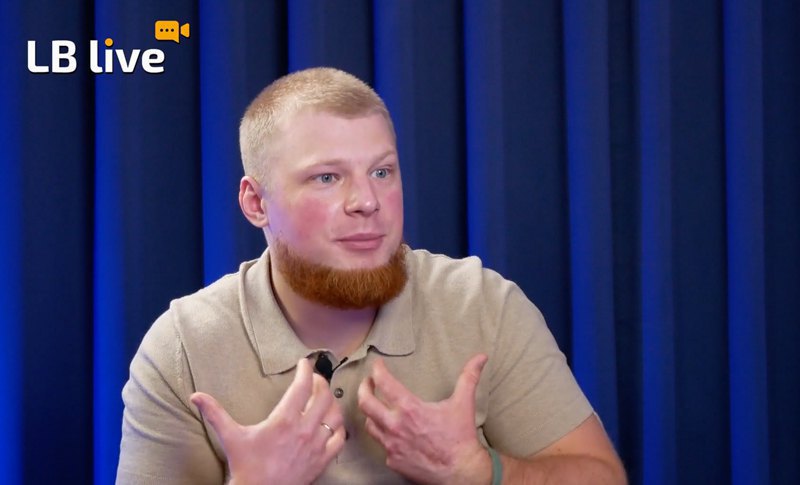
Sometimes orders from higher up are impractical or dangerous. The Ministry of Defence planned to increase the penalties for disobeying orders, but the process was suspended due to public outcry. How should this be dealt with?
I have encountered different people and different situations. Some demonstrate character and follow orders because there is authority – a young commander who demands compliance. If the commander sets an example, there is no need to force people: they will work on their own. If there is no authority, and the commander shouts and insults, it will not be beneficial.
This applies to all levels, from the squad commander to the higher commander. Therefore, the issue is not only about increasing responsibility for unauthorised absence. Comprehensive solutions are needed: working on leadership, discipline, motivation, service conditions, and transfer and complaint mechanisms so that people are not afraid to talk about problems.
And, of course, fair accountability must be in place, but it must be implemented with an understanding of the realities and risks, not just through fear of punishment.
You are currently undergoing rehabilitation in Kyiv. How do you feel about the fact that there is a war going on at the front, while life is bustling in cafés and restaurants in Kyiv and Lviv?
At first, it was very unpleasant for me. Then I realised that I couldn't stop it. I can't dictate how people should live. Some people will go for walks, some will smoke hookah, some will drink coffee – just like before the war.
But I don't think it should be that way. Donations are falling, and the front line needs stable support. So I suggested combining businesses: raising the price of goods by 1-10 hryvnya and directing the surplus to any division.
I went around to establishments – cafés, salons, dental clinics – and negotiated how much each could give. We combine everything, brand it (merchandise, stickers, flags) and provide media coverage. It's transparent, simple for businesses and stable for the front line: we receive around 50,000 hryvnya per month, which is enough for one FPV or Mavic.
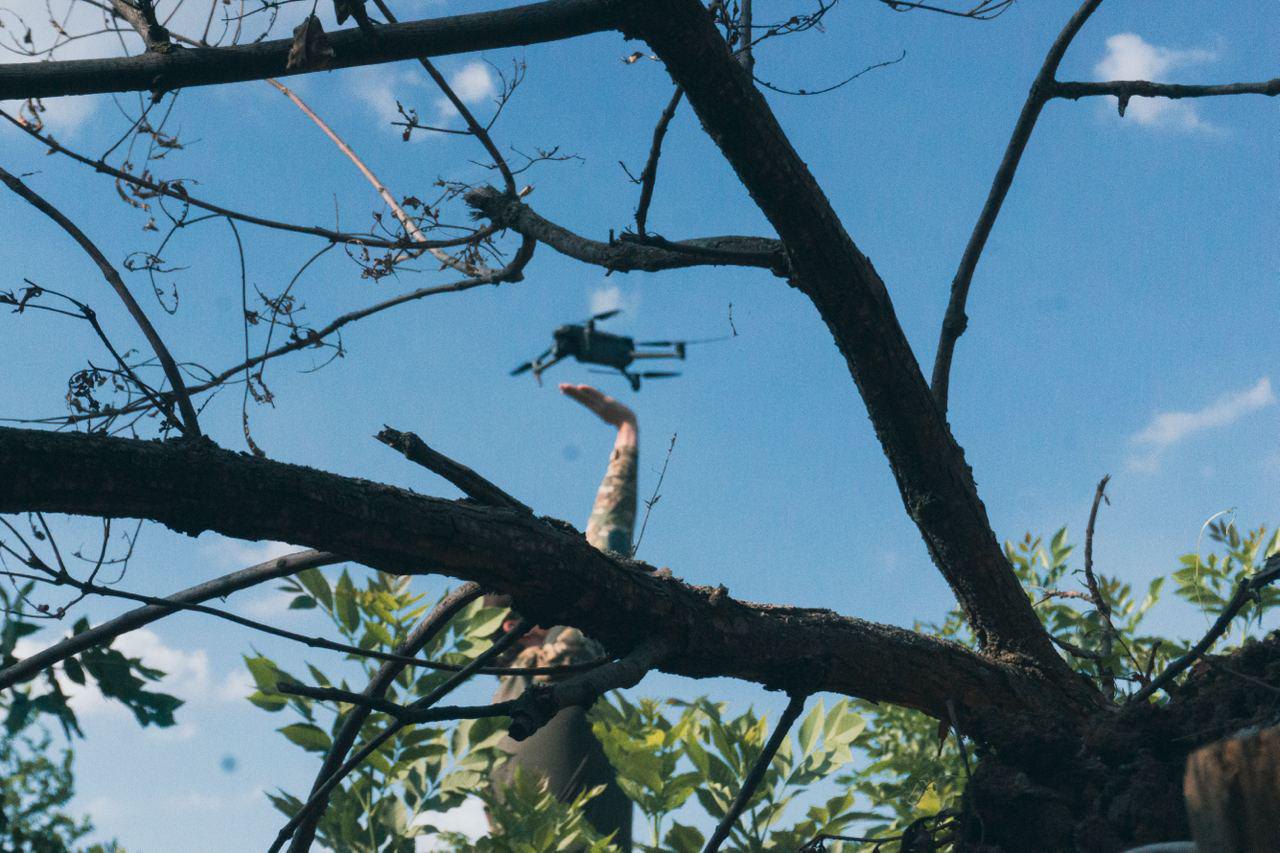
Let's talk a little more about the future. I hope it will be bright for us – we will definitely win. If you imagine that victory has already come, what would you like to devote your life to next?
I would definitely want to stay in Ukraine and change it for the better – perhaps politically, perhaps through civic activism. I know the value of every centimetre of Ukrainian land and every Ukrainian life. After the war, we won't need to figure out who donated more or who evaded – we need to unite and work.
There will be a lot of work: rebuilding cities, factories, enterprises. If you want to work, work. It doesn't matter who you were before. We need to revive the economy: industry, agriculture, metallurgy – planting, growing, selling.
We need to create our own "economic miracle," as Germany and Japan did after World War II. Many people have left. Many have died – their deaths must not be in vain. We must preserve, rebuild, and develop what we have left.
Let's not forget about the army – it must remain a strong foundation.
Would you join? Have you thought about a political party or your own initiatives?
I think about it, but now is not the time for politics, for now it's the front line. You look at the statements of world leaders, at geopolitics, and you realise that the tension is not going away. This is another reason not to delay real action here, on the ground.
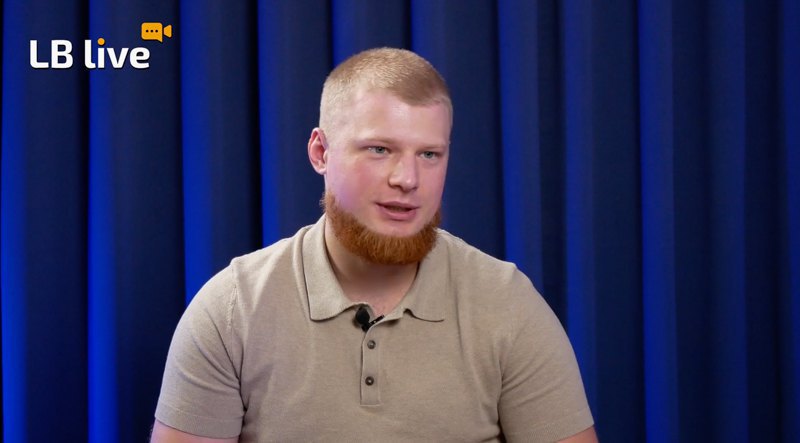
“After the war, key positions should be filled by those who have proven their loyalty to Ukraine.”
What should be done with those who evaded military service? Many of them hope that a new government will come to power and grant everyone amnesty.
I believe that there should be no witch hunt. If someone wants to work, let them work: in a factory, in the fields, in reconstruction. They should be given work and the opportunity to have a decent life.
But when it comes to political positions, there should be restrictions. How can someone who did not defend the country then make decisions about its fate? If they were not ready to defend it, will they put Ukraine first, or their own private interests?
That is already a signal. For public service – the army, police, State Emergency Service – it's a different format: you can go and work there. But when it comes to making key political decisions, I think it's better to trust those who have proven their loyalty to the country.
As far as I know, you are expecting a new family member – congratulations! How do you plan to raise your child in the current circumstances?
Anastasiya and I talk about this all the time. We don't have any exact plans yet – we'll understand more when the baby arrives. But our position is simple: we will be strict on important issues.
And we will definitely explain why it is important to filter pro-Russian content. Personally, it would hurt me if my child watched what the enemy is promoting. I will show photos and videos of where I have been and what I have done to convey that it is so that he can be born in a free Ukraine.
Parents need to be aware and guide their children. They need to explain that if we cry at night because of the shelling, then during the day we should not watch bloggers who promote content from the other side.
Explain that views work for those who finance weapons. I think we are not in a position to allow children to do everything, because it can cost lives. We need to replace harmful content with Ukrainian content – we have good musicians, bloggers, and media.








